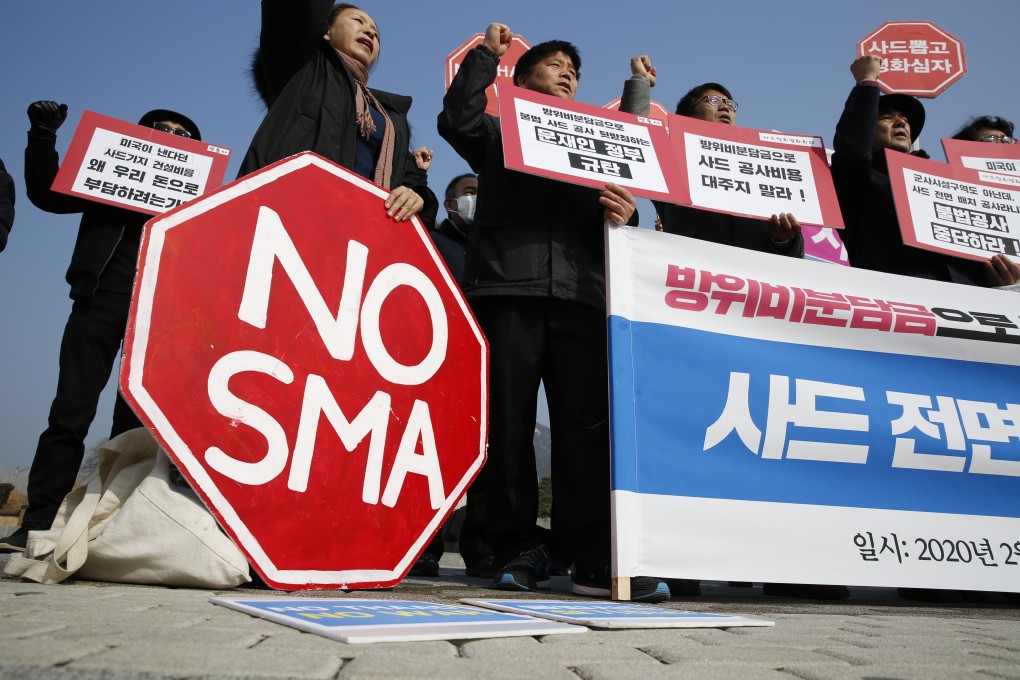US arms control envoy presses South Korea on missile deployment to counter China
- Marshall Billingslea was said to be in Seoul to press the US case for the South to deploy medium- and intermediate-range missiles
- He stressed the importance of US allies in the region working together when necessary, especially in the face of what he called China’s ‘bullying’

The envoy, Marshall Billingslea, and Ham Sang-wook, South Korea’s deputy foreign minister for multilateral and global affairs, “exchanged views and discussed ways of bilateral cooperation in key issues related with arms control and nuclear non-proliferation”, the South Korean foreign ministry said in a press statement.
The two countries agreed to hold “high-level” consultations on arms control and non-proliferation and to step up communications at various levels on those issues, the press release said.
Billingslea, who arrived in Seoul on Sunday for a two-day visit, also met with Vice Foreign Minister Choi Jong-gun, the ministry said in the press statement, but gave no further details.
In a pre-trip interview with Yonhap News Agency, Billingslea said the purpose of his visit to Seoul was to discuss “the rapid Chinese build-up of nuclear weapons and ballistic and conventional missiles.” He also said he had “additional intelligence to share with our ally regarding the Chinese programmes.”